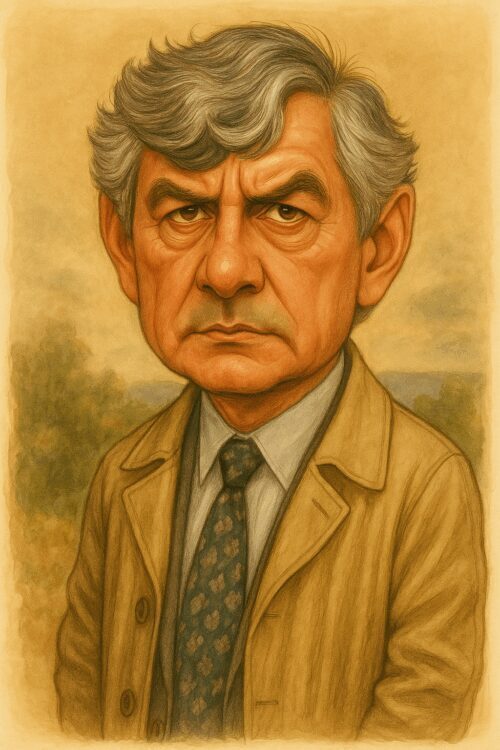Jack Shepherd
Jack Shepherd is that rare actor who disappears completely into roles. Whether as “wycliffe‘s” introspective detective or the original “Chorus Line’s” conflicted Larry, he brings an intellectual rigor that elevates every project.
His wycliffe redefined tv detectives – a man who quoted poetry and saw cases as psychological puzzles rather than mere whodunits. Shepherd’s background in theatre (he’s an acclaimed playwright) informed his layered performance, finding the quiet drama in silences.
Now in his 80s, he remains active in theatre, his career a masterclass in integrity over fame. As wycliffe might say: “Not all reflections need words.”
“
